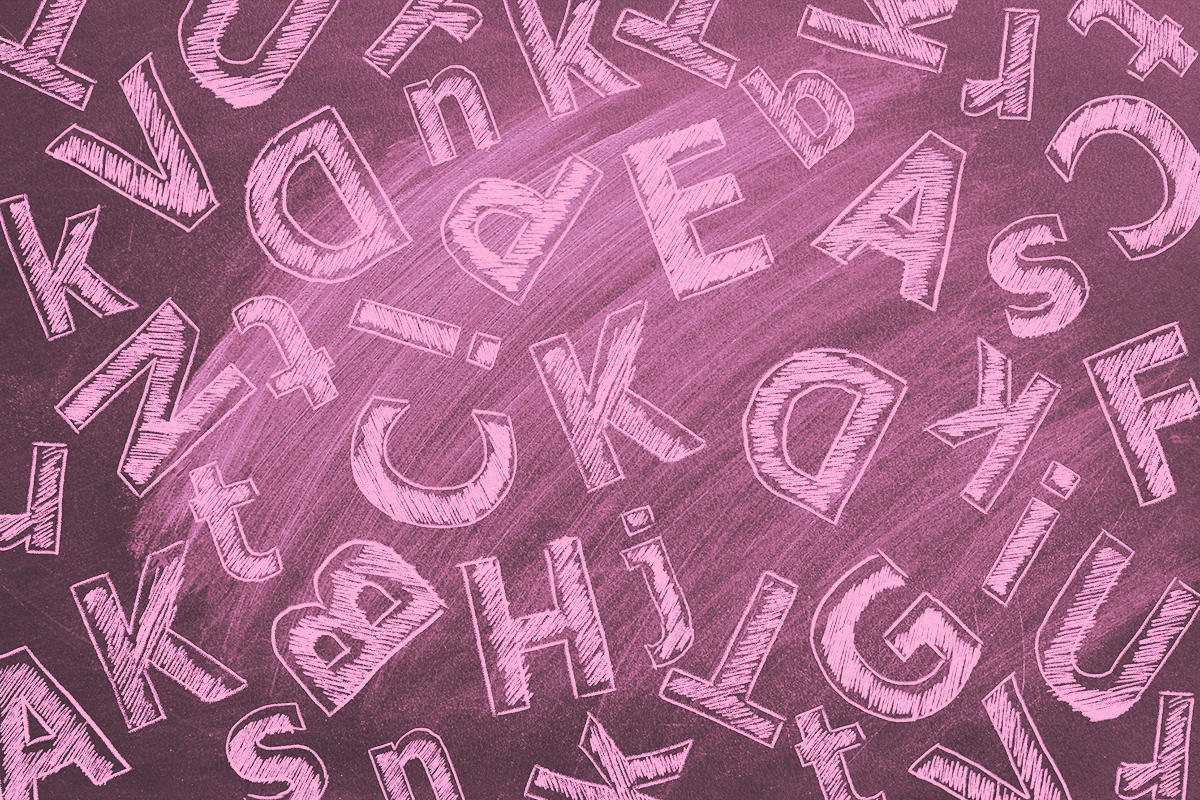
Government agencies love their acronyms — and backronyms, too. For instance, NASA once named a treadmill “COLBERT” after late-night television host Stephen Colbert. Before unveiling a new module for the International Space Station, the agency launched an online poll for the public to submit ideas for the module’s name. Instead of the expected space-y options, people went with their favorite comedian. While NASA ultimately named the module “Tranquility,” the agency still honored the public’s choice by naming the ISS treadmill the “COLBERT” — a backronym that stands for “Combined Operational Load Bearing External Resistance Treadmill.” A backronym is essentially a reverse-engineered acronym; it turns an existing word into an acronym by piecing together relevant words until their first letters correctly spell the desired abbreviation. The name “COLBERT” came before the treadmill’s full name, which was created with the final abbreviation in mind.
The portmanteau of “backward” and “acronym” came about from a 1983 neologism (a newly coined word) contest in The Washington Post. Nowadays, backronyms are found everywhere, especially in the entertainment industry. The title of the James Bond thriller Spectre is a backronym for “Special Executive for Counterintelligence, Terrorism, Revenge, and Extortion.” The British English word “spectre” (or “specter” in American English) means “ghost” — an apt name for a covert organization tracking global supervillains.
One of the most enduring backronyms must be “SOS,” which, contrary to popular belief, is not an acronym for “Save Our Ship,” nor does it stand for “Save Our Souls.” In 1906, “SOS” (… — … in Morse code) was chosen as the standard distress signal in Morse code because of its simple and distinct set of dots and dashes. The popular backronyms were later invented as a creative way to explain the origin of the code.
Thanks to these backronym origin stories, it can be tricky to differentiate an imaginative creation from a genuine acronym. While no one will fault you for misidentifying backronyms, discovering their true identity can include some interesting stories.




















